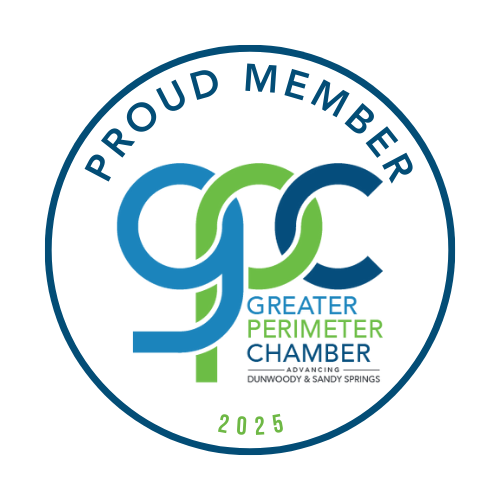How Do Sober Living Houses Work?

The most challenging time of recovery may be immediately following you get out of rehab. You must return to the stressors that initially led you to use. You may also run into old friends you used with and be tempted to go back to your old ways. Often, a rehab facility will recommend that you […]
What is an Outpatient Detox Program?

Detox is an essential part of the recovery process. It can happen in an inpatient or outpatient setting. Both have their share of advantages and disadvantages, and it’s important to find the option that’s right for you. This article will discuss what’s involved in an outpatient detox program so you can determine if its’ your […]
Can PTSD Cause Alcoholism?

Post-traumatic stress disorder, or PTSD, is a mental health disorder that can be debilitating, often leaving a person feeling stuck with a constant sense of danger and memories that can be excruciatingly painful. People with PTSD typically have experienced or witnessed a traumatic event such as a war or combat, a severe accident, a natural […]
What are the Signs of PTSD?

Post Traumatic Stress Disorder (PTSD) is a condition caused by a traumatic incident that occurs at some point in a person’s life. It produces persistent feelings of stress and anxiety. It can get in the way of the individual’s ability to function on a day-to-day basis. PTSD can be challenging to deal with, but it can […]
Is There Outpatient Rehab for Opioid Addiction?

Opioid addiction is an all too prevalent problem in America and worldwide. According to the National Institute of Drug Abuse, more than 2 million Americans abuse opioids every year, and an average of 90 die of opioid abuse overdoses every day. Fortunately, there are ways to treat opioid addiction, and many of them don’t require […]
What is the Relationship Between Depression and Genetics?

Many of us experience depression occasionally. But for some of us, the emotion is ongoing. It can come about for seemingly no reason and last for days, weeks, months, or years. It can get in the way of a person being able to perform the most basic tasks. For years, researchers have been trying to […]
Can Anxiety Cause Addiction?

Anxiety is an emotion most of us know all too well. If we are worried about something, it can send our hearts racing and put us on edge until the issue gets resolved. But for some people, anxiety is more than a temporary emotion. It can come about for seemingly no reason, and it can […]
Is Anxiety Hereditary?

Many of us deal with anxiety. The stress of everyday living can get too much, pushing us over the edge. Fortunately, for most people, stress is a temporary emotion that goes away in time. However, there are some of us that experience persistent feelings of anxiety. The emotion may come out of nowhere, and it […]
How to Find the Best Outpatient Alcohol Programs Near Me

Finding the best treatment is essential if you are trying to recover from alcohol addiction. You will need to consider whether you want inpatient or outpatient alcohol treatment. Both offer their share of benefits and are recommended in different situations. This article will let you know what’s involved in outpatient programs for alcoholism and provide […]
Do I Have an Addictive Personality?

In the world of health, it’s important to know if you are at high risk for certain diseases. For example, your genetics, age, weight, and ethnicity may put you at risk for cancer, heart disease, or diabetes. If this is the case, you can make lifestyle changes that lower your risk so you can stay […]






